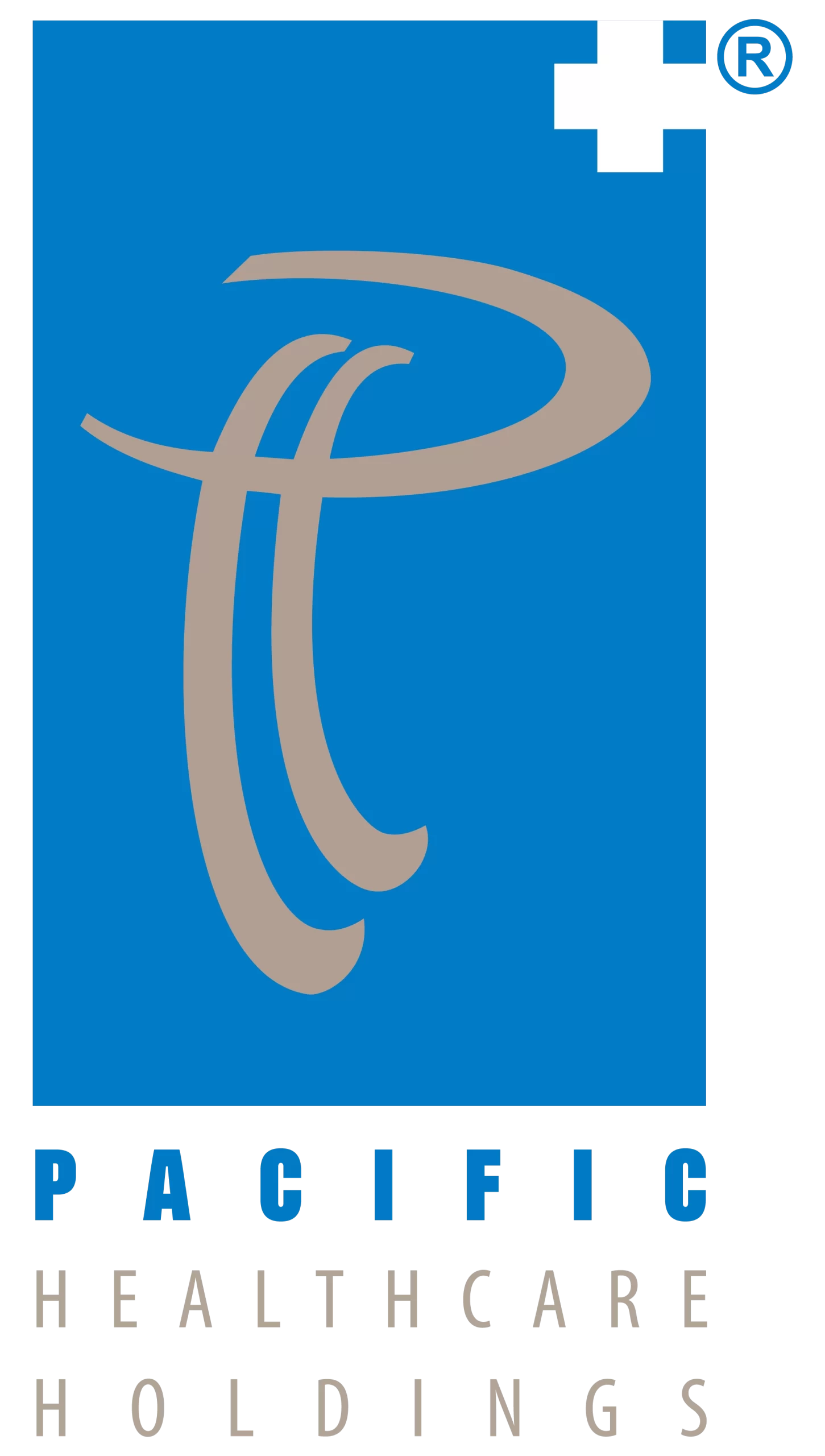
While pregnancy brings joy and anticipation, it can also come with occasional concerns and uncertainty. However, having access to the right medical guidance can provide reassurance and peace of mind.
In Singapore, women benefit from comprehensive obstetric services to support them during their pregnancy. This guide explores what that care involves, so you can understand your options and know what to expect throughout your journey.
Understanding Obstetrics and Its Importance in Pregnancy
Obstetrics focuses on pregnancy, childbirth, and the postpartum period. An obstetrician is a doctor who ensures that you and your baby receive essential care before and after birth.
They begin working with you early in your pregnancy, closely monitoring both your health and your baby’s development. An obstetrician’s role continues after birth, supporting you through recovery, addressing any physical or emotional concerns, and ensuring you smoothly transition into motherhood.
When to Begin Seeing an Obstetrician During Pregnancy
Women should schedule a visit with an obstetrician as soon as they confirm pregnancy. Most women begin consultations around the 6th to 8th week and increase visit frequency as the due date nears.
If you have severe nausea, abdominal pain or bleeding, you should seek immediate medical attention, regardless of your gestational age, to rule out any medical emergency.
Finding the Right Obstetrician in Singapore
Finding the right obstetrician starts with knowing what matters most to you. When choosing an obstetrician, consider the following factors:
- Experience and Qualifications: Look for a doctor with a strong background in obstetrics, especially if you have specific needs like a high-risk pregnancy.
- Specialisation: Some obstetricians have additional expertise in areas such as maternal-fetal medicine or fertility, which can be beneficial depending on your health history.
- Communication Style: Choose someone who listens to your concerns, explains medical information clearly, and involves you in decision-making.
- Availability and Accessibility: Consider the doctor’s clinic hours, how easy it is to get an appointment, and whether they are available for emergencies.
- Hospital Affiliations: Check which hospitals the obstetrician is affiliated with, especially if you have a preferred hospital for delivery.
- Comfort and Trust: Most importantly, you should feel comfortable, respected, and supported throughout your pregnancy journey.
Important Obstetric Services You’ll Need
Your obstetric service provider will guide you through a range of essential services to ensure the health and well-being of you and your baby. These commonly include:
Routine tests to check your baby’s development and detect potential issues early.
Antenatal Appointments
Regular checkups to monitor your health and track the baby’s growth.
First Trimester Screening
Includes scans and blood tests to assess the risk of chromosomal abnormalities.
Gestational Diabetes Screening
Usually done between weeks 24 and 28 to check for pregnancy-related diabetes.
Ultrasound Scans
Imaging tests to monitor fetal growth, check for structural abnormalities, and determine
the baby’s position.
Labour and Delivery Support
Care during childbirth, pain relief, labour monitoring and emergency interventions such as assisted delivery or caesarean section, if necessary.
Postnatal Care
Follow-up visits after birth to ensure both mother and baby are recovering well,.
Managing Health Complications During Pregnancy
Obstetricians detect most complications through regular checkups and may adjust treatment plans accordingly. Here are some complications they commonly manage:
1. Gestational Diabetes
A type of diabetes that develops during pregnancy, which requires monitoring blood sugar levels and making dietary or medication adjustments to keep both mother and baby healthy.
2. Pre-eclampsia
A condition marked by high blood pressure and signs of damage to other organs, often the kidneys. It can be dangerous if not managed and usually requires close monitoring and sometimes early delivery.
3. Placenta Praevia
Occurs when the placenta covers part or all of the cervix, which can cause bleeding and may require a planned C-section for safe delivery.
4. Preterm Labour
Labour that begins before 37 weeks of pregnancy. Obstetricians work to delay delivery when possible and prepare for a premature birth if necessary.
Delivery Choices and Birth Planning in Singapore
Obstetricians will work with you to create a birth plan that reflects medical advice and your personal preferences. They will help you weigh your options to ensure the safest delivery for both you and your baby.
Vaginal Delivery
Obstetricians generally recommend vaginal birth due to its quicker recovery time, lower surgical risk, and reduced chances of complications in future pregnancies. It also promotes immediate skin-to-skin contact and early breastfeeding, which can benefit both mother and baby.
C-Section
Some women choose elective C-sections for personal reasons. Others may need C-sections because of medical conditions that make vaginal delivery risky. In some cases, unforeseen complications during labour can also make an emergency C-section necessary.
Pain Relief Options During Labour
While some women prefer to manage pain naturally using breathing techniques, hospitals in Singapore offer a range of pain relief options, including:
Epidural: An injection that provides pain relief by numbing the lower part of the body, commonly used during labour.
Nitrous Oxide (Laughing Gas): A mild sedative inhaled through a mask that helps reduce pain and anxiety during labour.
Injectable Opioids: Medications administered through injection or intravenously to provide stronger pain relief.
Your obstetrician will explain the benefits and possible side effects of each option so you can decide which is right for you.
What Happens During a Hospital Delivery
Admission to the Hospital
- Once you begin labour or your water breaks, you will be admitted to the hospital for monitoring and support.
Initial Assessment
- The medical staff will assess your condition, including checking your vital signs, progress of labour, and the baby’s well-being.
Monitoring Labour Progress
- Medical staff will monitor your contractions, the baby’s heart rate, and any changes in your cervix to determine how far along you are in labor.
Pain Management
- Based on your preferences and progress, pain relief options, such as epidurals or medications, will be discussed and administered if needed.
Active Labour and Delivery
- As labour intensifies, you will be guided through pushing (if vaginal delivery), while the obstetrician and medical team support and direct you.
Assisting Delivery
- If necessary, the doctor may assist with tools like forceps or a vacuum to help the baby out or may perform a C-section if complications arise.
Post-Birth Assessment
- Once the baby is delivered, the medical team will assess the baby’s health, including Apgar scoring, which evaluates the baby’s heart rate, breathing, and overall condition.
Recovery and Bonding
- After delivery, you will be transferred to the recovery room, where you can bond with your baby, begin breastfeeding, and receive care as you recover from the delivery.
Postpartum Care
- Nurses and doctors will assist with your recovery, monitor for any complications, and provide advice on infant care, breastfeeding, and postpartum health.
Understanding the Cost of Obstetric Care and Insurance Coverage
Pregnancy and childbirth involve various expenses. Public hospitals charge around S$30 to S$50 per subsidised visit, while private consultations cost S$100 to S$200.
Normal delivery in a public hospital may cost S$1,200 to S$3,000 (after subsidies), while private deliveries range from S$8,000 to S$15,000 or more, depending on procedures and room type.
Private delivery may cost more but you should factor in the generally quicker consultation times and personalised attention you can get.
Subsidies and Maternity Packages Available in Singapore
Singaporeans and Permanent Residents can use the MediSave Maternity Package, which allows up to S$900 for prenatal care and S$3,000 for delivery.
Using Insurance to Offset Maternity Costs
Insurance plans with maternity insurance riders can help cover pregnancy complications and newborn hospitalisation. Some plans also offer cash benefits or reimbursements for prenatal and delivery costs.
It’s advisable to review your policy details and enrol early to maximise benefits.
Consult an Obstetrician For Your Pregnancy
In Singapore, you can access quality obstetric care that supports you through every stage of pregnancy. Whether you’re newly pregnant or approaching delivery, partnering with a dedicated obstetrician can make the experience safer and more empowering.
Pacific Women’s Clinic is a clinic offering comprehensive obstetric services, helping you begin your journey to parenthood with the care you need. Dr Nurhidayati Binte Mohamed Suphan, our experienced obstetrician, will see you through early checkups and screenings to delivery and postnatal care. At our clinic, your health, comfort, and peace of mind come first.
Book a pregnancy checkup today.


